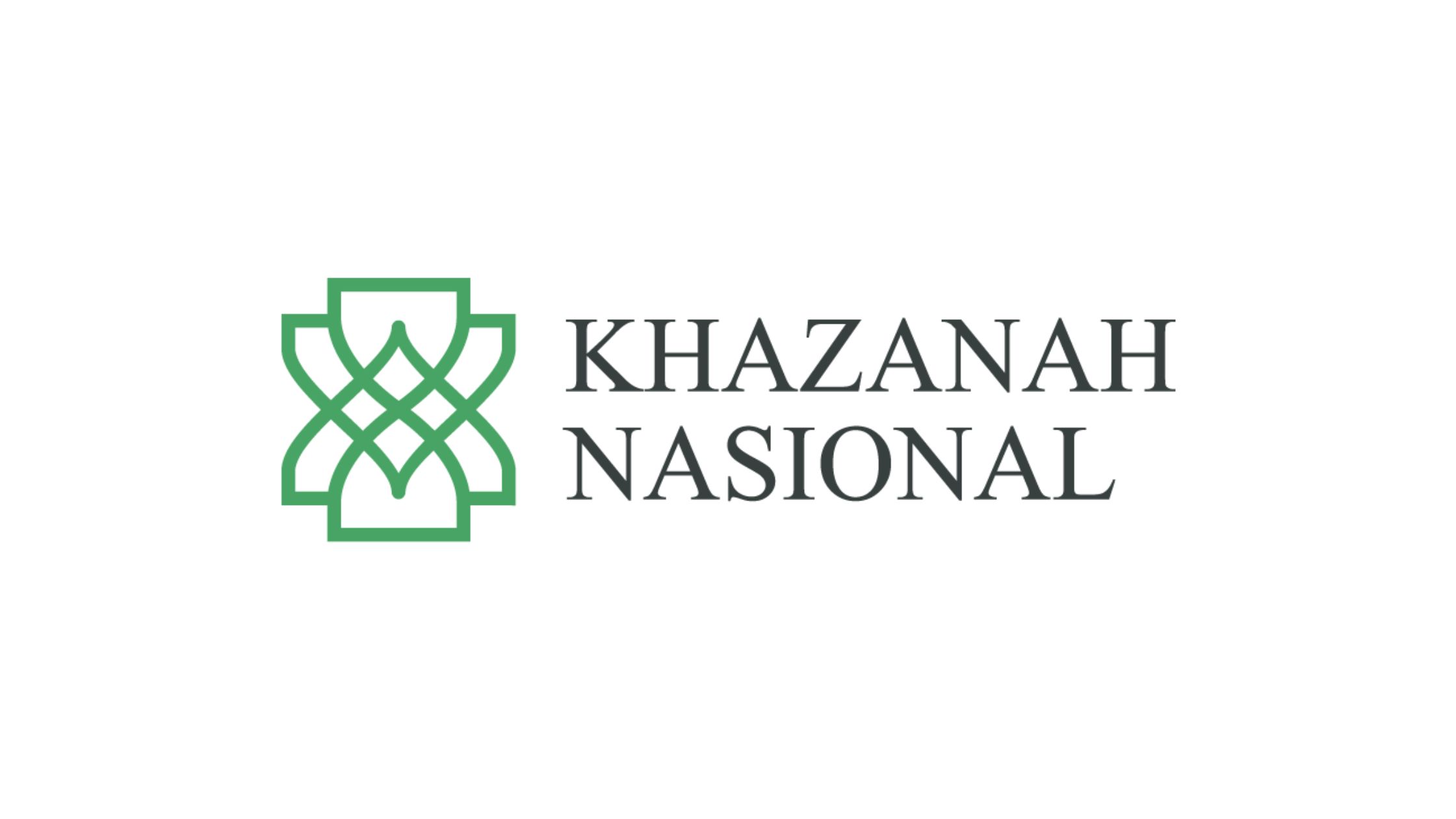AsiaTechDaily – Asia's Leading Tech and Startup Media Platform

PAC Review Spurs Khazanah to Sharpen Venture Capital Approach After FashionValet Loss
Malaysia’s sovereign wealth fund, Khazanah Nasional Bhd, has acknowledged lessons from its unsuccessful investment in e-commerce firm FashionValet Sdn Bhd, while welcoming the Public Accounts Committee’s (PAC) recent review of the case. The fund said the findings would help strengthen its approach to domestic venture capital investments, a key part of its mandate to support innovation and entrepreneurship in the country.
Khazanah noted that investments in startups are inherently high-risk, with FashionValet facing additional challenges from the Covid-19 pandemic and rapid changes in consumer behaviour. Despite the setback, the fund emphasized that such investments should be viewed at a portfolio level rather than individually.
Khazanah said it accepts the PAC’s assessment and “lessons learnt” from the FashionValet case, including the call for clearer communication on its venture capital (VC) strategy and the risks involved. The fund emphasized that VC remains central to its role in driving innovation, even though such investments often involve high levels of uncertainty.
The sovereign wealth fund also expressed appreciation to the PAC for recognising its internal governance processes, which it described as rigorous and multi-layered. These include multi-stage approvals, independent risk assessments, and oversight by both its Portfolio Management Committee and Investment Committee. Khazanah said these structures are designed to ensure accountability and align investment decisions with international best practices.
It further highlighted that success in VC should be measured across the entire portfolio, rather than through individual investments. This portfolio-based approach, Khazanah argued, reflects the inherent volatility of the startup ecosystem, where failures are expected but can be offset by outsized gains from successful ventures.
In its statement, the fund reiterated its commitment to refining processes and strengthening oversight mechanisms. It noted that regular committee meetings already address issues such as risk management, company performance updates, and post-mortem reviews of divested investments. Khazanah stated that it would continue to build on these practices to enhance transparency and discipline in future ventures.
The PAC, in its findings, had recommended that Khazanah report on overall investment performance, beyond financial results, in its quarterly updates to the Ministry of Finance. It also urged that all major investment losses be subject to post-mortem reviews and presented to the board. The committee suggested that Khazanah enhance its risk planning for external shocks, such as pandemics and disruptive technologies, while also engaging the public more directly on its high-risk, high-reward strategy.
The committee’s review of FashionValet concluded that the startup’s omnichannel model, which combined physical retail with online operations, was severely undermined by the Covid-19 pandemic and shifting consumer preferences. Despite the failure, the PAC maintained that Khazanah’s VC strategy remains relevant as a catalyst for Malaysia’s innovation ecosystem.
FashionValet, once considered a promising e-commerce player, was ultimately sold in 2023 by Khazanah and Permodalan Nasional Bhd for RM3.1 million. This marked a steep loss from their combined RM47 million investment in 2018 and sparked public criticism. The fallout from that deal has since fueled broader debate about the role of state-linked funds in high-risk startup investments and the balance between financial returns and nation-building objectives.



